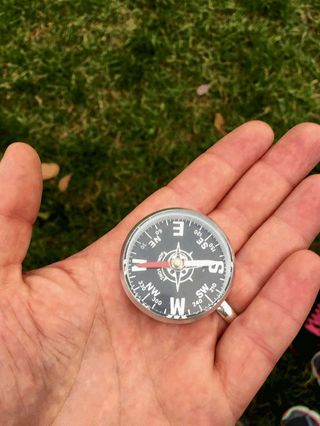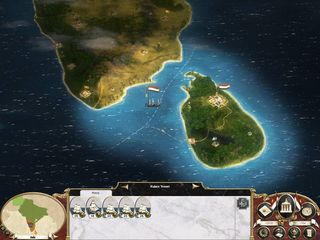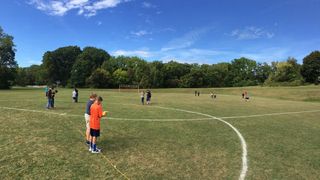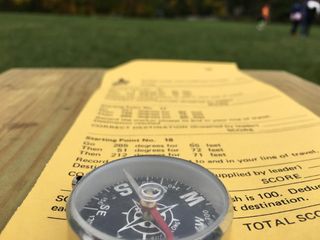
Empathy is defined as the action of understanding, being aware of, being sensitive to, and vicariously experiencing the feelings, thoughts, and experience of another. Teaching empathy is rapidly being recognized as paramount in preparing students for the world that awaits them.
Thom Markham blogged “As social-emotional learning becomes more necessary to help students navigate life and work, empathy is getting more popular by the day, for good reason: Empathy lies at the heart of 21st-century skillfulness in teamwork, collaboration, and communication in a diverse world.” (Mindshift 2016).
As a Social Studies educator, I am constantly working to make content relevant, tangible, and relatable for my students. My students do not easily identify with the level of human achievement demonstrated by historical figures who overcome massive obstacles…. massive when you consider their context. This post is a short review of my attempt to provide my students with an experience to allow them to empathize with such obstacles.
In our class study of the explorers in the Age of Exploration, we have discussed the 21st-century, Google Earth-mindset, where we have a more complete view of the earth and therefore we have a harder time recognizing the significant actions of historical figures who took “risks” to explore places deemed dangerous and at the edge of the earth.

I explain to my students that they need to understand the historical views of the earth like a video game’s “Fog of War.” The Fog of War can be found in strategy games like “Sid Meier’s Civilization” and “Empire: Total War”which all have a map that contains blacked out content (fog) over other players or areas which remain unexplored. As you play these games, traveling into the fog, you reveal the map. This mimics the experience of the early explorers who had no idea what they were sailing into, or off of.
Our video game discussion appeared to create a few ah-ha moments around the classroom, but is this empathy? Not quite…
I wanted students to understand… to feel, the difficulties of navigating and the huge accomplishments of early explorers. The next step was to try navigating. We grab a class set of clipboards and compasses and journeyed outside to the school soccer field to attempt to navigate.

The compass activity we used had students start at a point on a line, navigate three sets of directions/distances and hopefully return somewhere back on the line. Each attempt in the activity looks something like this:

Starting point 4
Go 81 degrees for 73 feet
Then 312 degrees for 100 feet
Then 168 degrees for 80 feet
Record the marker closest to and in your line of travel.
Prior to starting the activity students were given a brief review of how to use a compass and measure distances through pacing. Overall the activity was rife with failure (as expected). Students reflecting on the process stated:
“I thought it was going to be way simpler than it actually was.”
“the compass activity did not go as planned but it was still pretty fun. I felt confused because we kept going the wrong way.”
“I felt adventurous”
“it was a very interesting activity but also very hard to be a navigator.”
“The compass activity was hard, and I did not get any right, I felt that it was hard and no easy at all.”
“The compass activity was a challenge and we ended up not even being close to where we were supposed to be. I thought it was fun but hard.”
“The compass activity went well, and was fun and stressful at the same time.”
The reflective “feelings” of these students illustrate the point: Empathy for students is a powerful tool for understanding and valuing human achievement. The students reported a solid connection with the difficulties of navigation.
Clearly, this activity is a mere snapshot in time. The consequences of the achievement and the character of the those that are successful are very important conversations to have with students in this process. Further lessons should examine empathy in the people most impacted by explorers and navigators… indigenous populations around the world.
- Thom Markham’s Mindshift article
cross posted at micahshippee.com
Micah Shippee, PhD is an out-of-the-box-doer, a social studies teacher, and a technology trainer. He works to bridge the gap between research and practice in the educational sector. Micah explores ways to improve motivation in the classroom and seeks to leverage emergent technology to achieve educational goals. As an innovative "ideas" person, Micah likes to think, and act, outside the box. Micah is motivated and energetic, taking a creative approach towards achieving goals. As an Educational Consultant, and Keynote Speaker, he focuses on the adoption of emergent technology through the development of an innovative learning culture. Micah believe that innovativeness is the pedagogy of the future.
